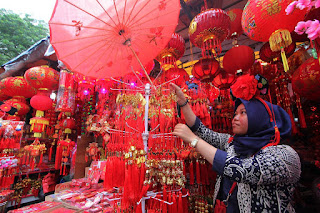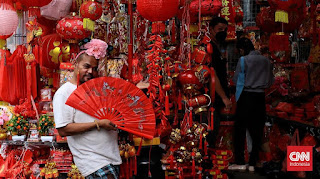Refugee Review Tribunal Report on the Aftermath of Aceh Tsunami Situation

On 17 January 2005, the Fellowship of Indonesian Christians in America (FICA) published an interview with Christine Susanna Tjhin, a Chinese Indonesian who worked with an INTI relief team in Medan which was tasked with investigating “the validity of rumors of persecutions towards Indonesian Chinese minority”. Tjhin, who is a researcher for the Jakarta based Center for Strategic Studies (CSIS), told FICA that “information from the first hand sources” revealed “that these were just unsubstantiated issues”. Though Tjhin did not herself travel beyond Medan and into Aceh itself, she felt informed enough to advise FICA that the rumour of “an organized and collective persecution in Aceh against the Indonesian Chinese” “was simply untrue”. According to Tjhin, the most significant incidents of xenophobic and/or sectarian agitation that she did learn of were the work of outside Javanese Islamist organisations, and not of the local Acehnese. Some relevant extracts follow in detail:


